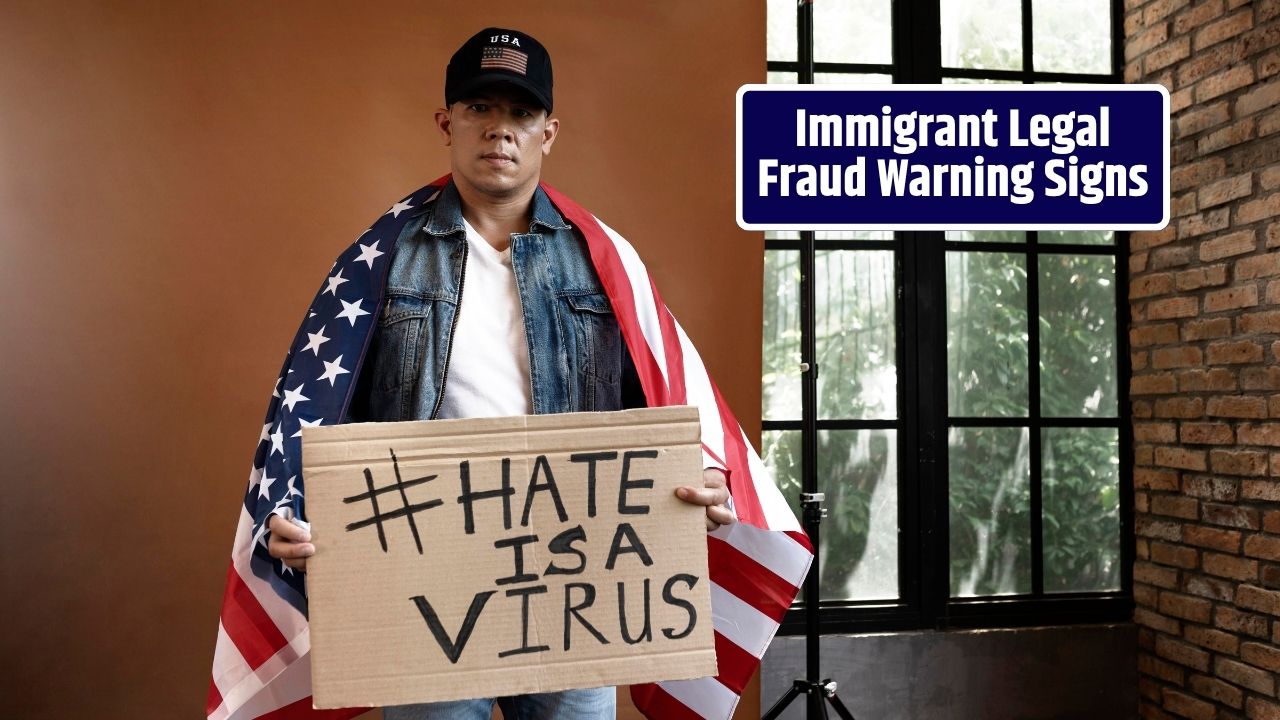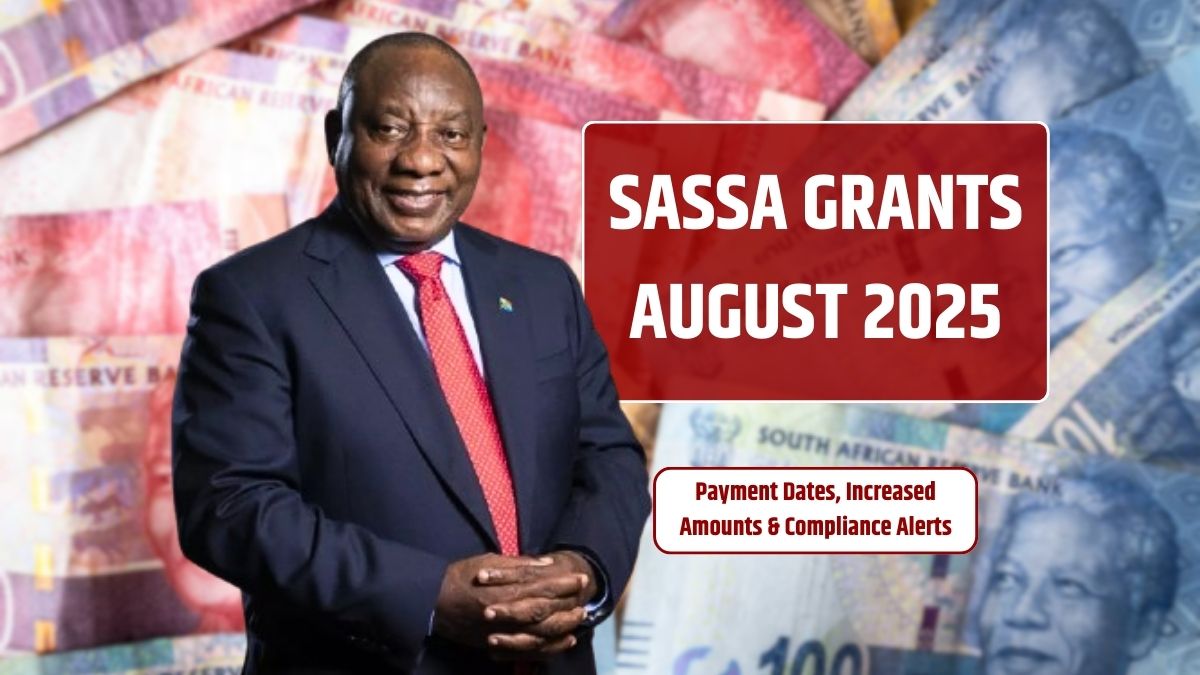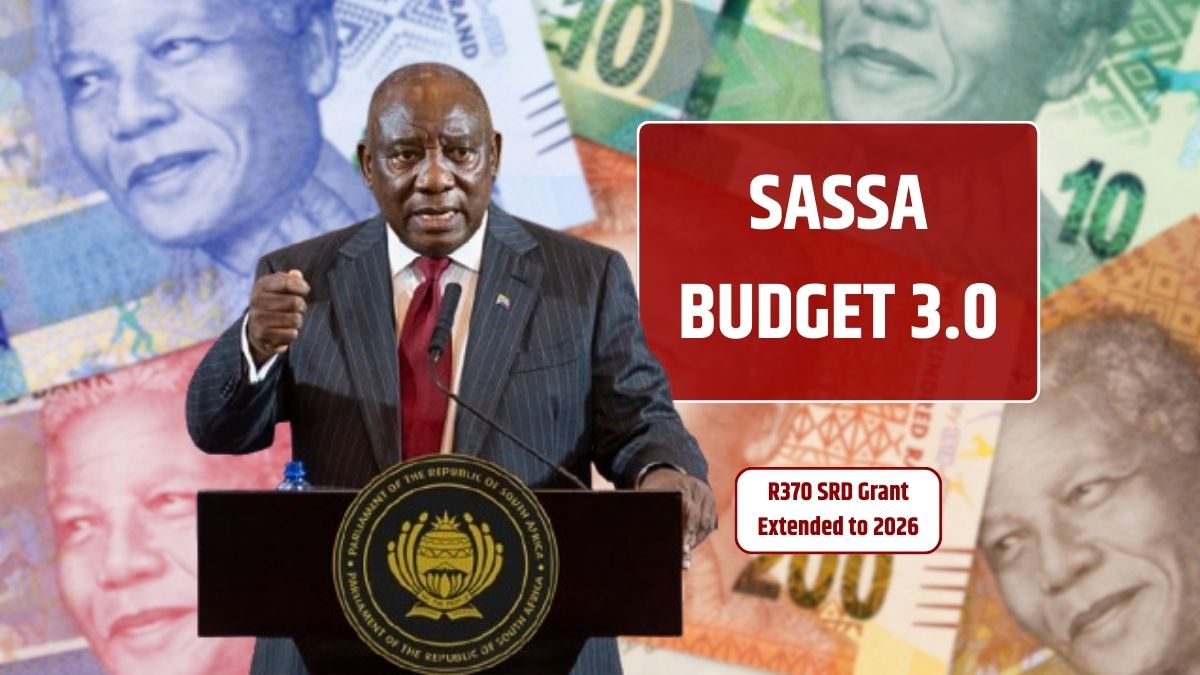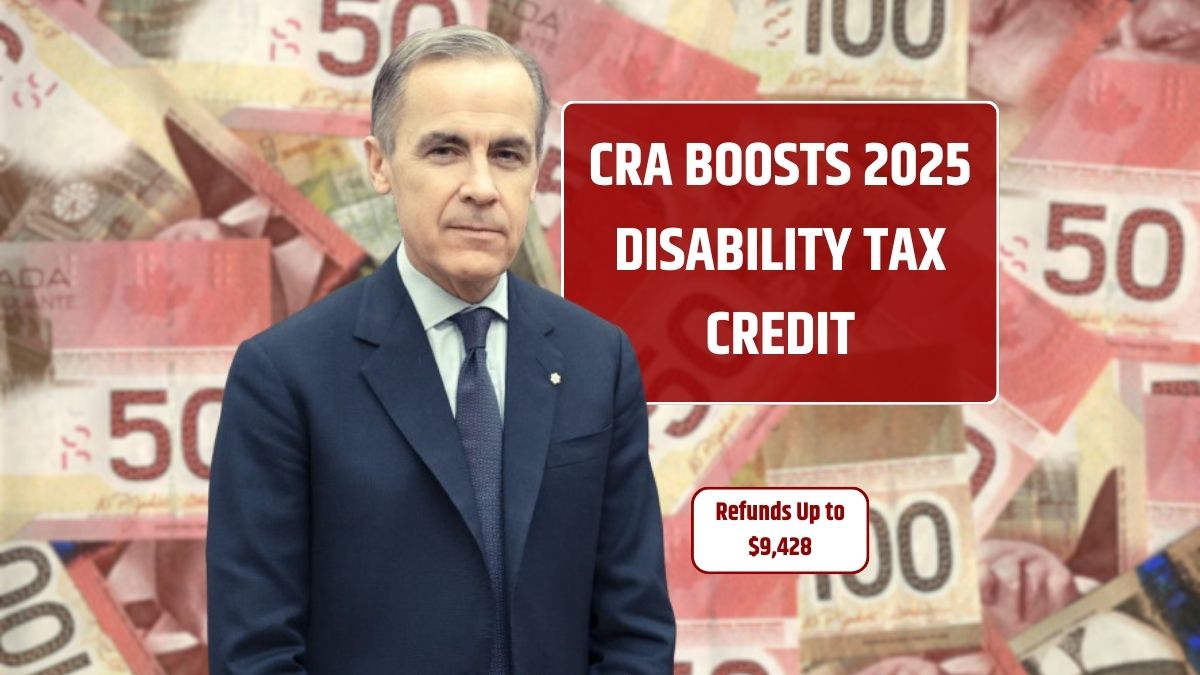Immigration can be a challenging and emotional journey, especially for newcomers trying to navigate complex rules, legal documents, and cultural barriers. Unfortunately, scammers exploit this vulnerability. In 2025, several sophisticated immigration scams are circulating across the U.S., Canada, and beyond—costing victims time, money, and even their legal status.
Here are the top five immigration scams targeting newcomers this year, how they work, and how you can protect yourself.
1. Fake USCIS or IRCC Phone Calls (Impersonation Scam)
How it works:
Scammers pretend to be officials from U.S. Citizenship and Immigration Services (USCIS) or Immigration, Refugees and Citizenship Canada (IRCC). They often use caller ID spoofing to make it look like the call is coming from a government number. You might be told your visa, work permit, or green card is at risk unless you pay a fine or verify your identity.
Red flags:
- Requests for payment via gift cards, wire transfers, or cryptocurrency
- Threats of arrest, deportation, or visa cancellation
- Asking for personal info over the phone
What to do:
Hang up immediately. Government agencies never demand payments or personal details by phone.
2. Fake Immigration Lawyers and “Consultants”
How it works:
Some scammers pose as immigration attorneys, consultants, or “visa agents” offering guaranteed green cards, asylum approvals, or fast-track processing for a fee. They might use fake credentials, exploit language barriers, or set up convincing-looking websites.
Red flags:
- Guarantees of visa approval
- Pressure to pay upfront
- Refusal to provide receipts or contracts
- No official registration (check with your province/state bar or immigration council)
What to do:
Only work with licensed immigration lawyers or certified consultants. In the U.S., verify with the State Bar Association; in Canada, confirm registration with the College of Immigration and Citizenship Consultants (CICC).
3. Phishing Emails Claiming Visa Lottery Wins
How it works:
Emails tell you that you’ve won the U.S. Diversity Visa (Green Card) Lottery or a Canadian immigration draw—even if you never applied. They then ask for personal info, passport scans, or payment for “processing fees.”
Red flags:
- You didn’t apply but were “selected”
- Poor grammar or unofficial email addresses (e.g., @gmail.com)
- Requests for payment through untraceable means
What to do:
Never click links in suspicious emails. The real U.S. DV Lottery results are only available via the official State Department website. Canada does not send immigration invitations via random emails.
4. Fake Job Offers and Work Visa Scams
How it works:
Victims receive a job offer from a foreign employer promising visa sponsorship. Once accepted, they’re asked to pay for work permits, background checks, or travel arrangements. The job and company often don’t exist.
Red flags:
- Unrealistic salary for entry-level work
- No interview process
- Requests for payment before a visa is issued
- Suspicious domain names or email addresses
What to do:
Verify job offers directly with the company through their official website. Never pay for a job offer or visa processing.
5. Online Visa and Immigration Application Scams
How it works:
Scammers create fake websites that look like official government portals for visa or immigration applications. These sites charge high fees to “file” forms that are otherwise free or low-cost on government websites.
Red flags:
- Website URL doesn’t end in .gov or .gc.ca
- Charges hundreds of dollars for forms like DS-160, I-130, or Canadian Express Entry
- No contact information or unclear terms of service
What to do:
Always submit immigration forms through official government websites:
- U.S.: www.uscis.gov
- Canada: www.canada.ca
Protecting Yourself as a Newcomer
| Tip | Why It Matters |
|---|---|
| Use official government websites | They provide the most accurate info and forms |
| Don’t share personal info online | Stops identity theft and fraud |
| Verify licenses of legal helpers | Avoids fake lawyers and unlicensed consultants |
| Keep digital records and receipts | Useful for disputes and follow-up |
| Report scams immediately | Helps prevent others from falling victim |
If You Suspect a Scam
- U.S.: Report to the Federal Trade Commission (FTC) at reportfraud.ftc.gov
- Canada: Report to the Canadian Anti-Fraud Centre at antifraudcentre-centreantifraude.ca
FAQs
Can USCIS or IRCC ask for money over the phone?
No. They never call to demand money or threaten you.
What if I already paid a scammer?
Report it immediately to local police and your bank. You might be able to stop the transaction.
How do I find a real immigration lawyer or consultant?
In the U.S., check with the American Immigration Lawyers Association (AILA). In Canada, verify with the College of Immigration and Citizenship Consultants (CICC).
























